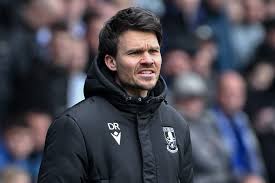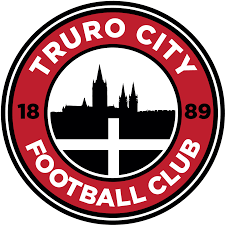Danny Rohl: The Future of Football Management

Introduction
As the football world continues to evolve with fresh philosophies and strategies, one name that has emerged prominently is Danny Rohl. The 34-year-old manager, formerly a coach at Southampton and the German national team, has been in the spotlight due to his innovative approach to team management and tactical deployment. Understanding Rohl’s influence is vital for football enthusiasts, analysts, and clubs looking for inspiration in management styles.
Career Highlights
Rohl began his coaching journey with Bayern Munich, where he was involved in their youth academy. His substantial work there caught the attention of many in the football community, leading him to positions within international platforms, including a brief stint with the German national team. This experience underlies his tactical understanding and the international aspect of the game, which he now brings to his managerial role.
Managerial Style and Philosophy
Rohl is known for his analytical approach, placing significant importance on data-driven decision-making. His time at Southampton saw him implementing strategies that not only focused on immediate results but also on long-term development of players. He is also lauded for nurturing young talent, which resonates with clubs looking to invest in their academies. This philosophy is timely, as many clubs are balancing financial sustainability with the need for competitive performance in a changing economic landscape.
Recent Developments
This football season, Rohl has taken the helm at a mid-tier club aiming for promotion in the Championship. His appointment has been met with optimism by fans and analysts alike, who see him as a transformative figure. The early matches indicate a shift towards a more dynamic playing style, which aligns with modern football’s emphasis on fluidity and possession. His recent tactical tweaks have already begun to yield promising results, suggesting that Rohl’s management style is well-suited to tackling contemporary challenges in football.
Conclusion
The rise of Danny Rohl in the football management landscape reflects a broader trend towards analytical and youth-focused strategies that ensure a club’s long-term health and competitiveness. As clubs look to adapt and evolve in the face of economic pressures and changing audience expectations, Rohl’s career serves as a template for future managers. With his innovative ideas and growing reputation, it will be exciting to see how his journey unfolds and impacts the future of football management.









